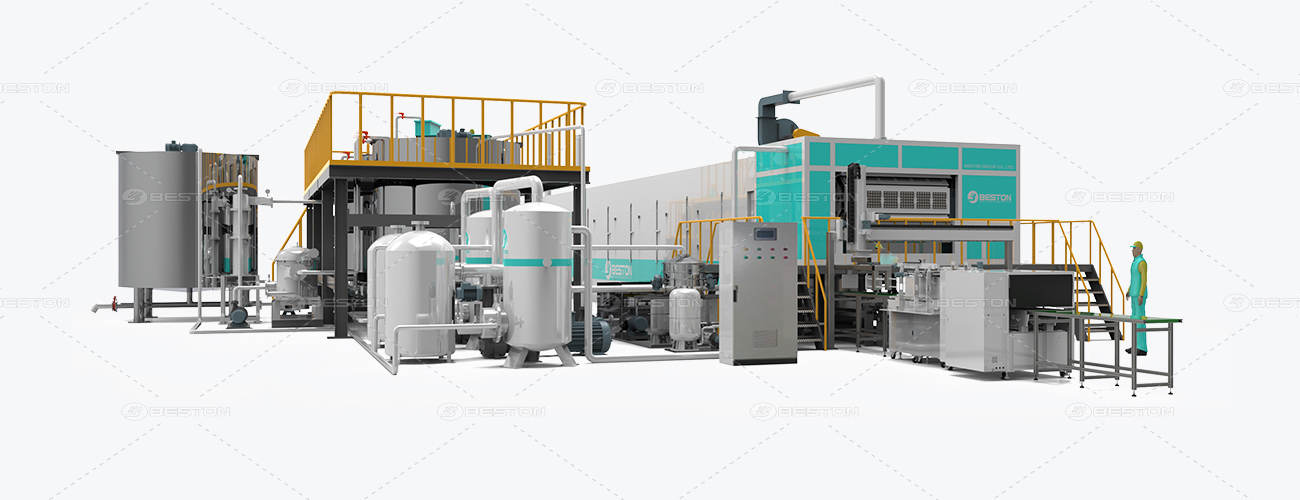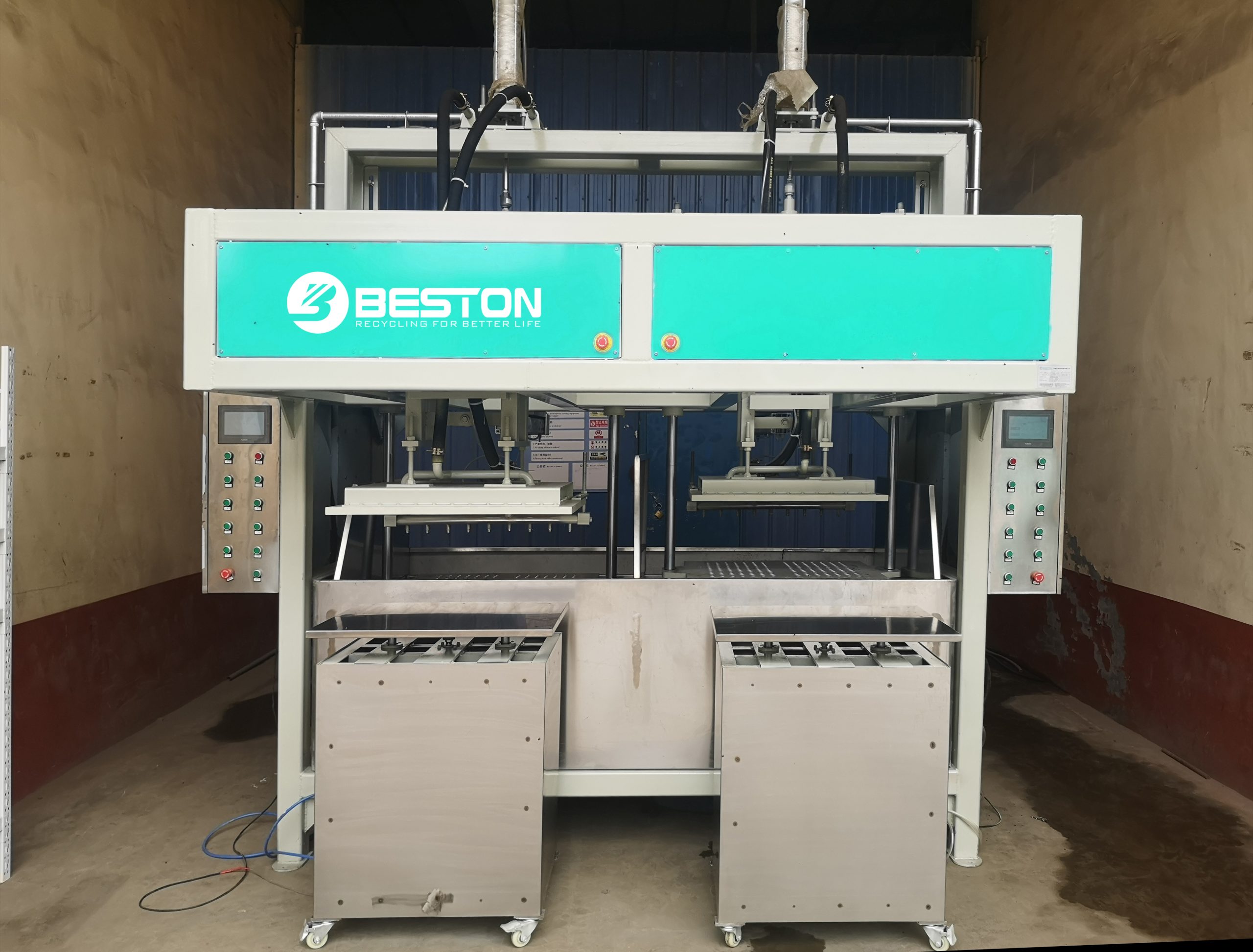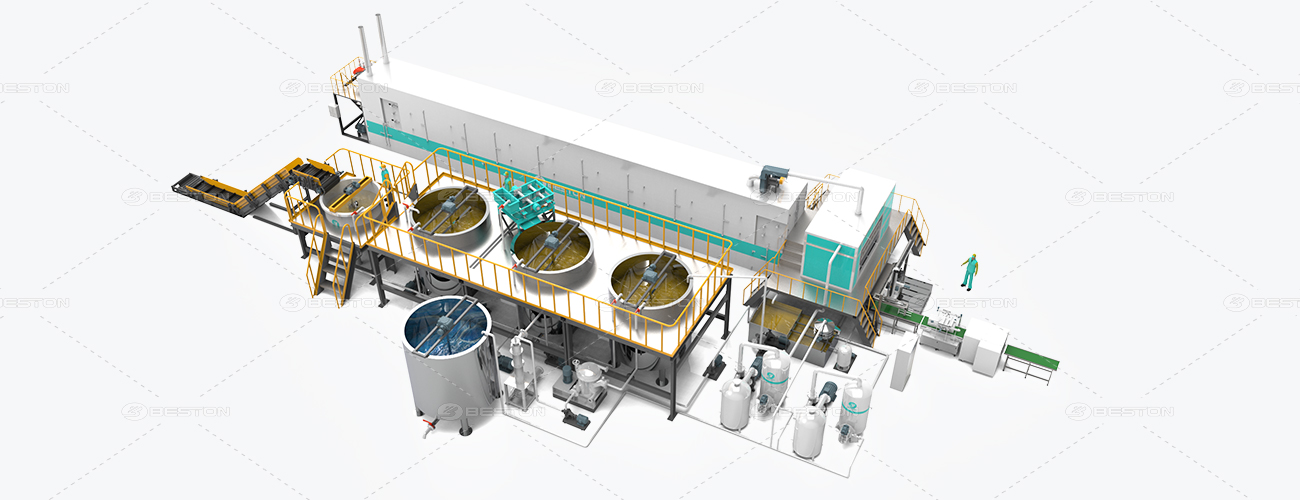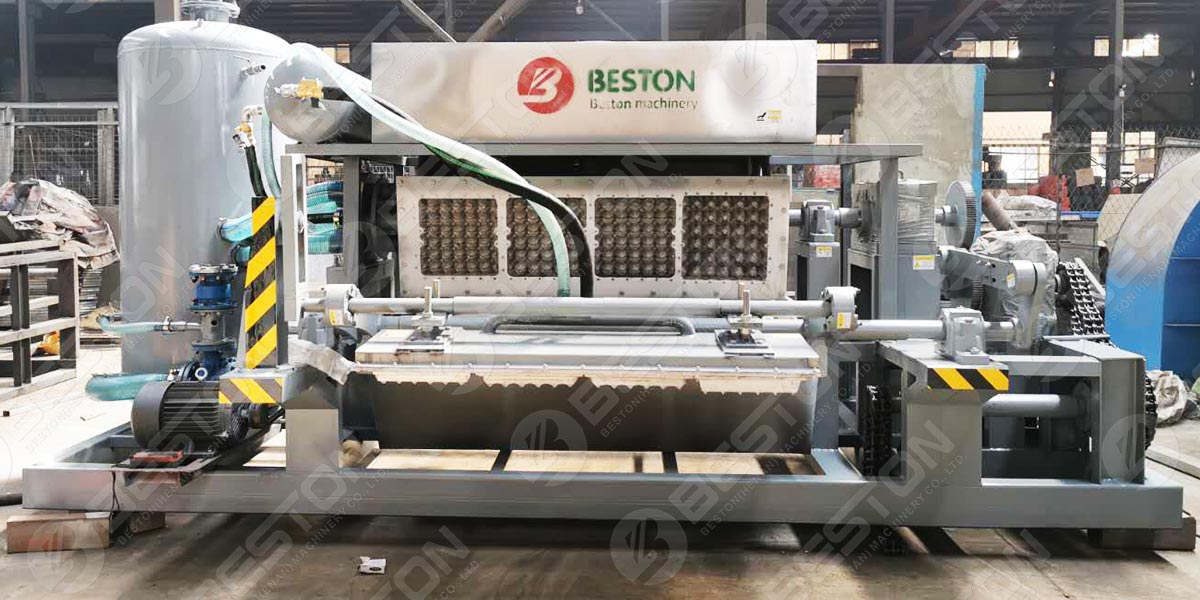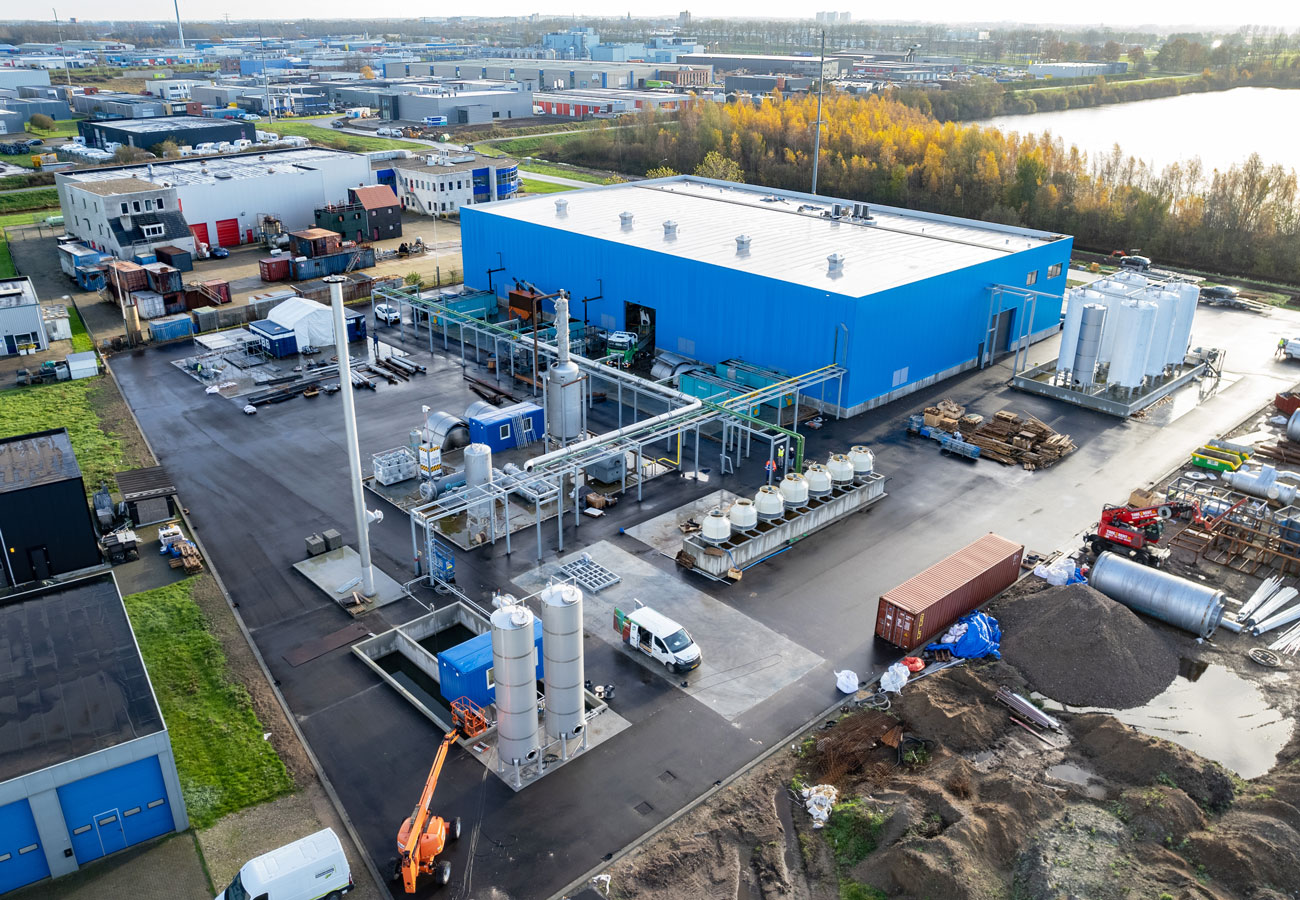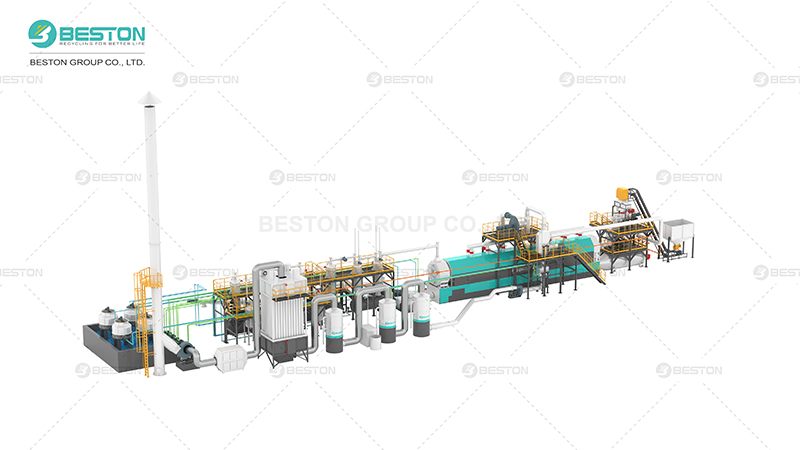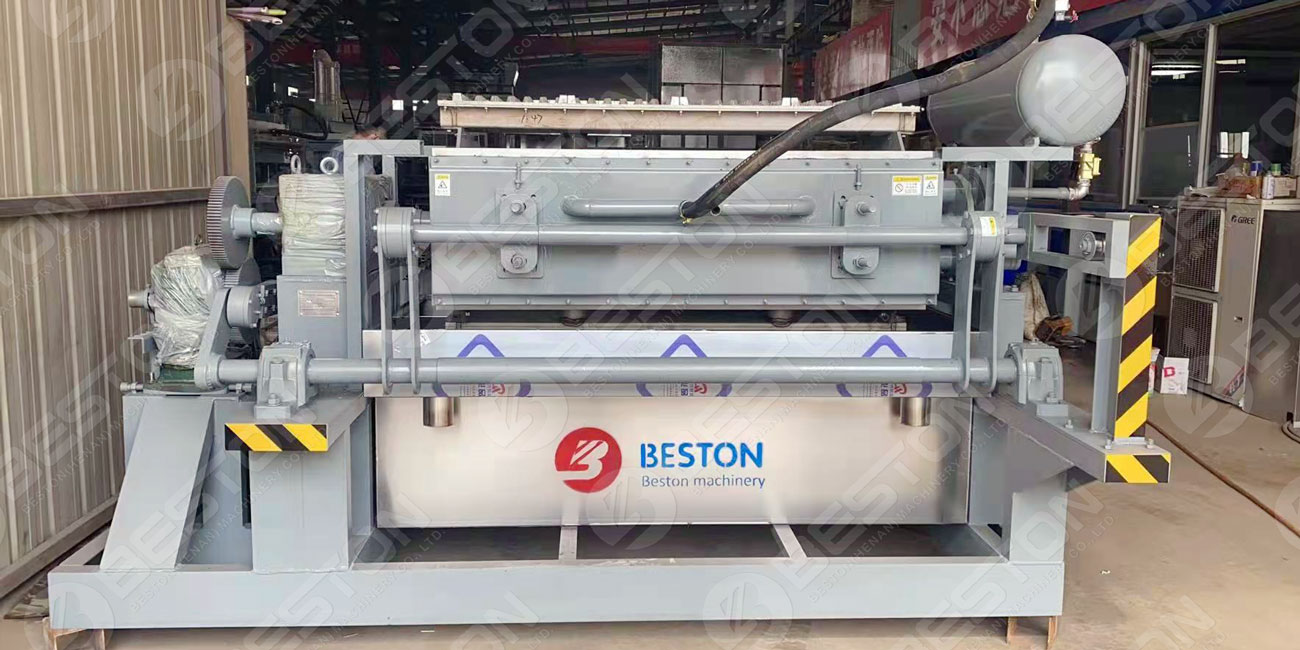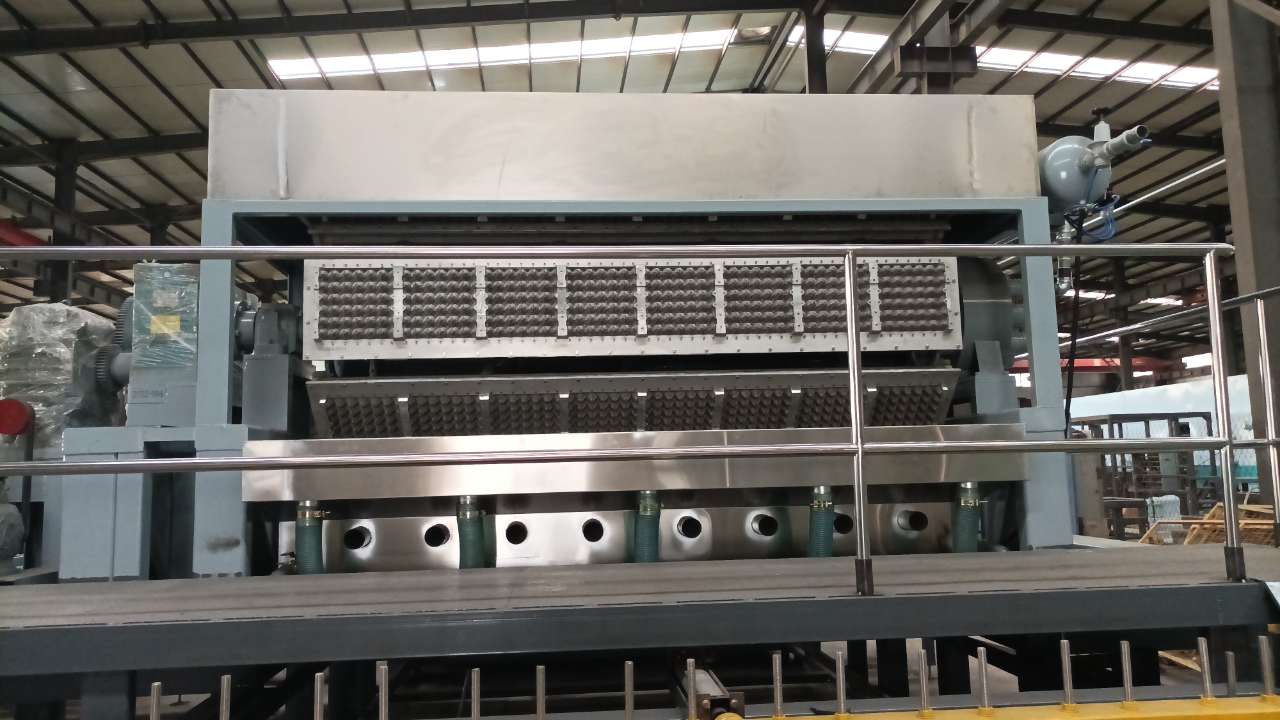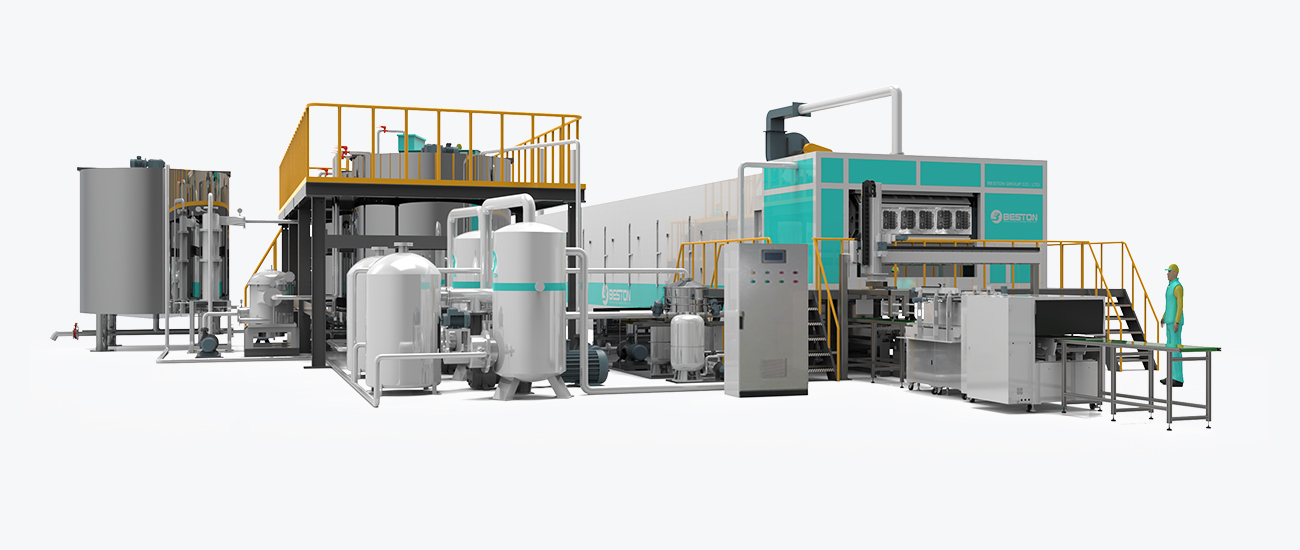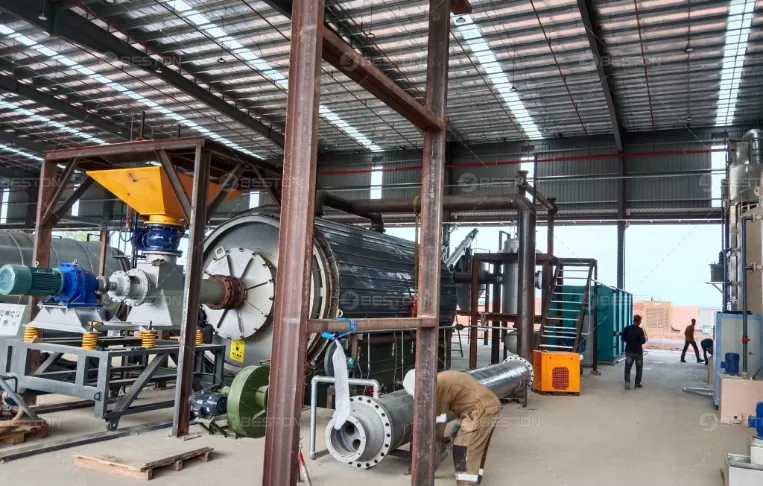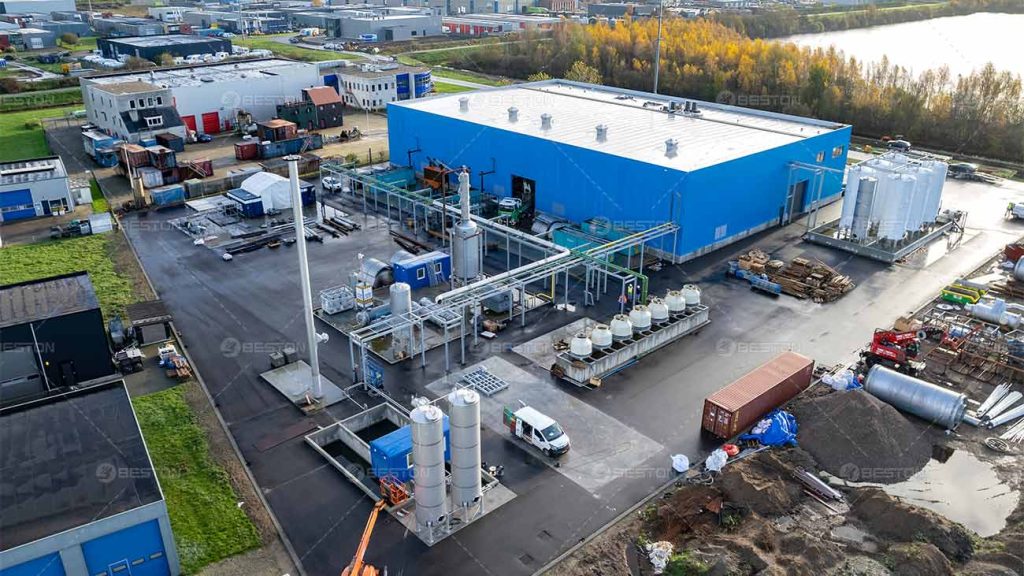Oil exploration and production processes generate vast quantities of waste, among which oil sludge is one of the most challenging to manage. This semi-solid waste is composed of oil, water, and solids, and it often accumulates in storage tanks, refineries, and drilling sites. Improper disposal of oil sludge can contaminate soil and groundwater, posing severe risks to ecosystems and public health. Traditionally, methods such as landfilling and incineration have been used, but these often fall short of addressing the environmental issues sustainably.
Pyrolysis: A Sustainable Approach
To combat the environmental hazards of oil sludge, the industry has turned its attention to pyrolysis — a thermochemical decomposition process conducted in the absence of oxygen. This method converts hazardous organic waste into usable products such as oil, gas, and carbon black. By doing so, pyrolysis not only neutralizes the environmental threats but also creates an opportunity to recover valuable resources.
High-Temperature Processing Without Harm
The core of this technology lies in creating a high-temperature, oxygen-free environment that allows hydrocarbons in oil sludge to break down into simpler, reusable compounds. These thermal processes are considered oil sludge treatment methods that significantly reduce the volume and toxicity of waste. Unlike incineration, this method prevents the release of harmful gases like dioxins and furans.
Modern Applications and Benefits
One of the most notable advancements in this field is the use of a thermal desorption unit for drill cuttings. These systems are designed to treat drill cuttings generated during oil and gas exploration, which often contain traces of hydrocarbons. By applying thermal desorption, companies can separate contaminants from solids and recover usable oil in the process.
Besides the environmental benefits, these technologies are economically advantageous. Recovered oil can be used as a fuel or refined further, while treated solids can be safely disposed of or repurposed. Additionally, the emission levels are far below those from traditional waste disposal methods, making this solution a compliance-friendly choice under most international environmental regulations.
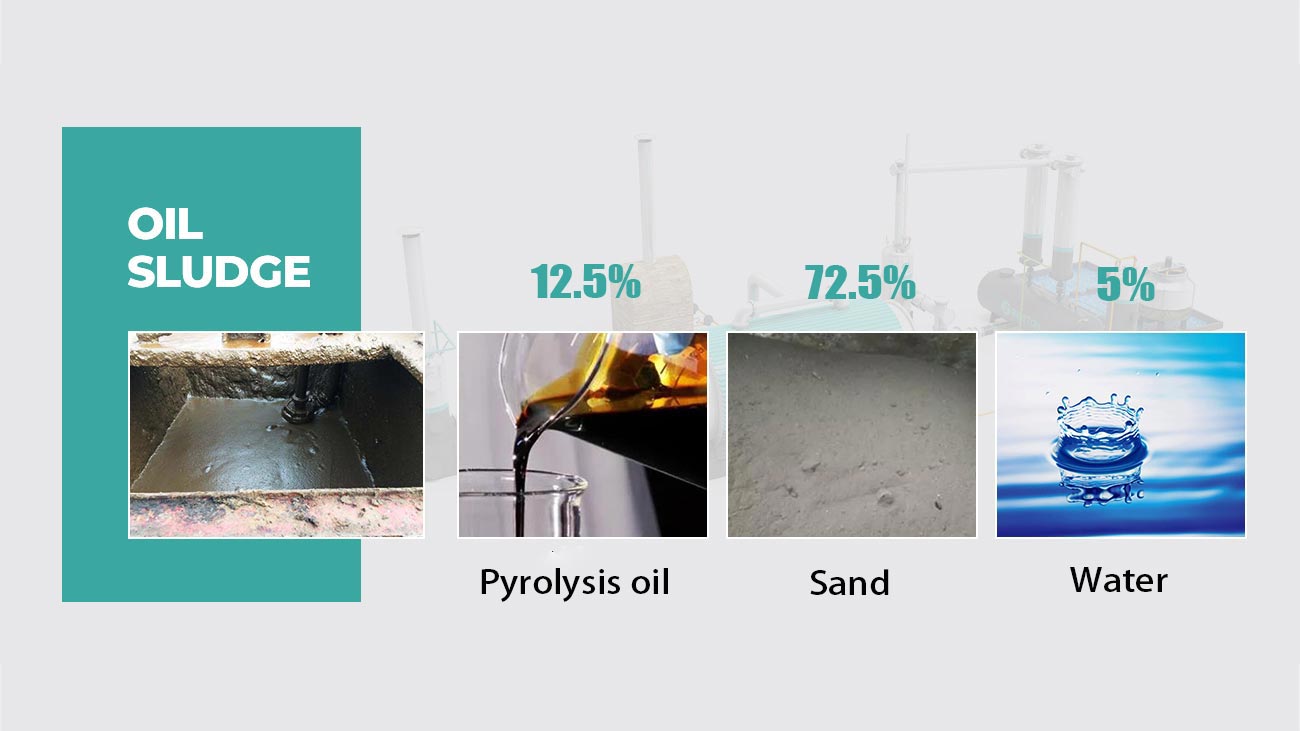
Pyrolysis Equipment in Action
The success of these applications depends heavily on the quality and efficiency of the pyrolysis equipment. Modern systems come with advanced temperature control, sealed designs to prevent leaks, and energy recovery features that further enhance sustainability. These features make pyrolysis a viable solution not just for large-scale oil companies, but also for regional refineries and environmental contractors.
In countries with stringent environmental rules, pyrolysis plants have become a central feature of responsible waste management. They are helping oil industries meet their green targets while also opening new revenue streams through resource recovery.

Challenges and Future Prospects
Despite the advantages, some challenges remain. The initial investment in pyrolysis systems can be high, especially for smaller companies. There are also technical limitations regarding the types of sludge that can be processed efficiently. However, ongoing R&D is addressing these issues, with a focus on automation, scalability, and energy efficiency.
Moreover, governments and international agencies are starting to recognize the potential of thermal desorption and pyrolysis in achieving broader sustainability goals. Incentives, subsidies, and updated regulations are expected to accelerate adoption across the oil and gas sector.
Beston Group: Leading the Green Transition
A key player in promoting sustainable waste management is Beston Group, a globally recognized manufacturer of pyrolysis and waste recycling solutions. Beston Group offers state-of-the-art pyrolysis systems for oil sludge treatment, tailored to meet the needs of modern oil and gas operations.
With a strong focus on innovation, safety, and environmental impact, Beston provides customizable solutions that combine technical excellence with operational reliability. Their pyrolysis equipment is known for durability, energy efficiency, and compliance with global environmental standards. For companies looking to transition toward sustainable waste management, Beston Group is a trusted partner in delivering cutting-edge solutions.
Conclusion: A Greener Future for Oil Operations
The global oil industry faces increasing pressure to reduce its environmental footprint. Technologies like pyrolysis offer a powerful and practical way to turn hazardous waste into valuable resources while ensuring compliance with environmental laws. As more companies embrace oil sludge treatment through thermal pyrolysis, the sector moves one step closer to sustainability.
With leaders like Beston Group providing advanced solutions, the transition to cleaner, safer, and more resource-efficient oil production is not just possible—it’s already underway.
